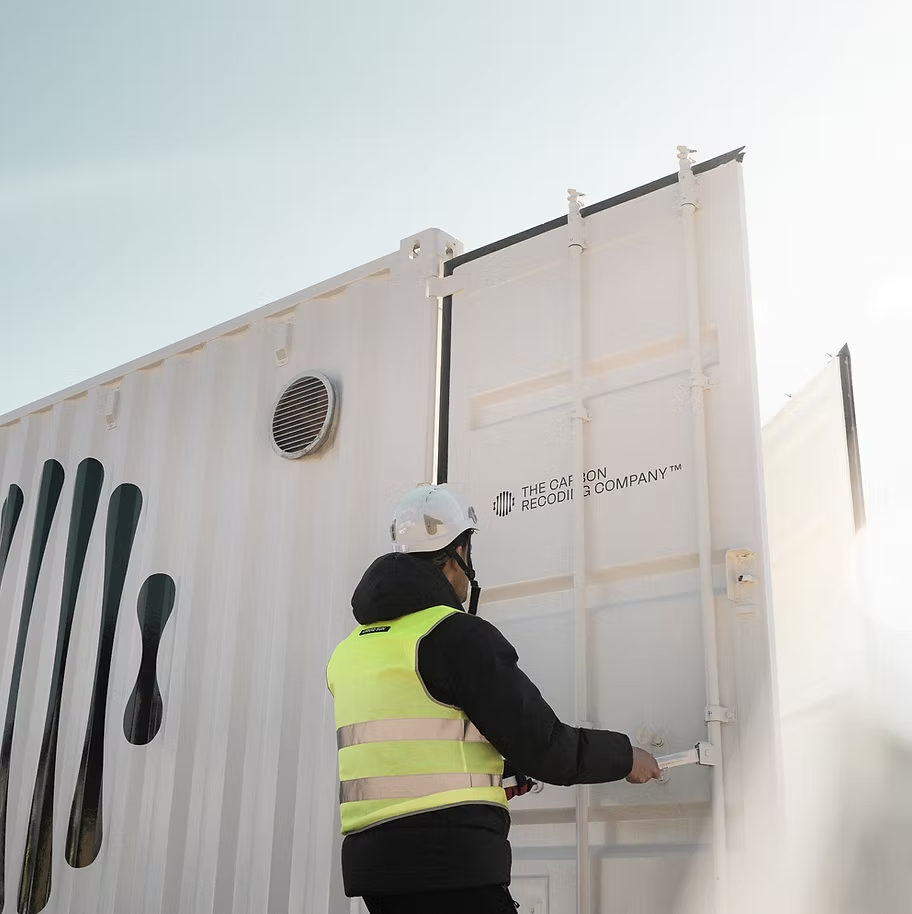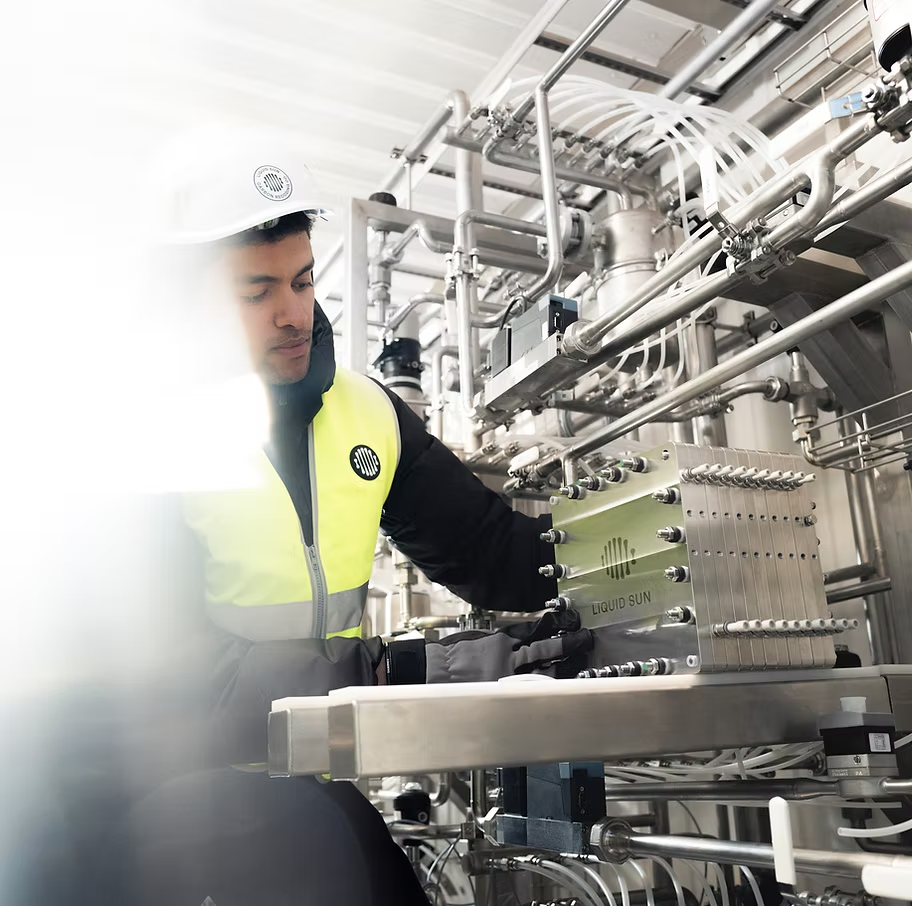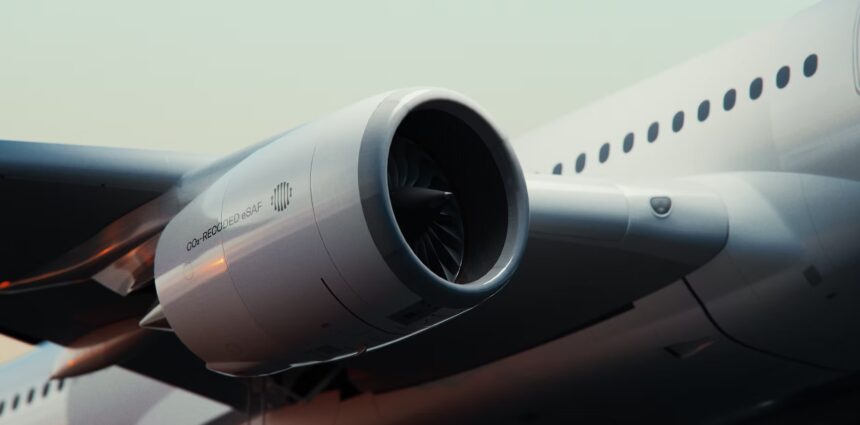Finnish company Liquid Sun has launched a unique project to convert biogenic CO₂ emissions and hydrogen into renewable, sustainable aviation fuel (eSAF). This pilot production is the first of its kind and has gained the backing of Finnair, ABB, Fortum, and Finavia to boost sustainability aims in Finland. The project further seeks to expand its results globally, minimising the impact of aviation on the environment.

Liquid Sun’s eSAF Pilot Project
Originating from research carried out at Tampere University and Stanford University, Liquid Sun has taken another step forward to develop a low-temperature electrolysis (LTE) technology that produces eSAF using CO₂ emissions and renewable hydrogen. The initial production is taking place in Espoo and is expected to be fully operational by this autumn.
Liquid Sun’s project is the first pre-commercial production of its kind. It aims to build its own chain for synthetic fuel production, which will allow for easier manufacturing of fuel alternatives and an increase in access for airlines. The project uses biogenic CO₂ emissions and converts it into eSAF, reducing the reliance on fossil fuels and decarbonising the Earth. Biogenic CO₂ emissions are generated by sectors such as the forest industry, and in Finland, this totals up to 20 million tonnes each year.
The creation of eSAF with this method rebalances the input and output of aircraft and lowers concerns of the negative impact that growing demands across aviation may cause. It is expected that air traffic will rise by 70% by 2050, for instance. With an urgency to find a solution that simultaneously enables cleaner skies and continued international travel, leading Finnish organisations Finnair, ABB, Fortum, and Finavia have also provided support to Liquid Sun by partnering with the company for this pilot project.
Pasi Keinänen – Chief Executive Officer at Liquid Sun – has commented:
“Finland has the opportunity to become a leading producer in the rapidly emerging sustainable aviation fuel market. To achieve this goal, it is critical that the project brings together industrial partners across the eSAF value chain with a shared ambition to accelerate the transition to sustainable fuels.”

Sustainability Aims – Finland and Further
From 2025, EU regulations require a gradual increase in the use of renewable fuels in aviation. In 2030, this policy will integrate the use of fully synthetic fuels made from CO₂, and by 2050, 70% of fuel used will legally have to be renewable, half of which needs to be eSAF.
Taking into account the current climate crisis and the vast amounts of passengers and cargo transported to and from Finland each year, Henri Hansson, Senior Vice President at Finavia, has also made a statement that spotlights the company’s support of Liquid Sun’s project:
“As the owner of Finland’s airports, we at Finavia want to do everything we can across the aviation value chain to support more sustainable air travel. This means bold climate collaboration with our stakeholders, and actively understanding and testing new technologies across our airport operations.”
What are your thoughts on Liquid Sun’s pilot project to convert CO₂ into sustainable aviation fuel? How do you think this can impact wider aims of sustainability in the aviation sector? Let us know.









